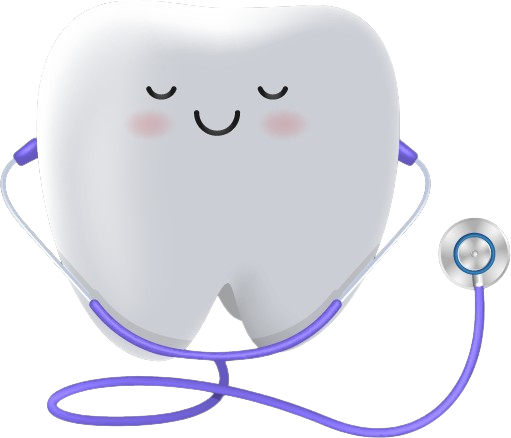COMPLETE DENTURE
Nirmal Super Specialty Dental Hospital prosthodontic staff meticulously crafts complete dentures from acrylic resin, ensuring optimal outcomes for patients needing tooth replacement.

COMPLETE DENTURES
The whole range of denture treatment techniques offered by Nirmal Super Specialty Dental Hospital comprises:
At Nirmal Super Specialty Dental Hospital, our committed prosthodontic staff meticulously crafts complete dentures from acrylic resin, ensuring precise fabrication for optimal tooth replacement. This technique-sensitive process guarantees high-quality outcomes for patients seeking comprehensive dental restoration.


Complete denture made of acrylic: Traditional and Quick

Bio-functional prosthetic system dentures, or BPS dentures
Complete dentures are typically provided after all teeth are lost or extracted, best done when tissues have fully healed.
However, in cases where immediate replacement is necessary for social or aesthetic reasons, instant dentures can be fitted immediately following front teeth extraction, catering to patient needs.
Traditional dentures are inserted 8-12 weeks post-extraction, while immediate dentures are placed immediately after extraction, avoiding a toothless period. However, instant dentures may require more adjustments during healing and are considered temporary until conventional dentures can be made.
Emergency Call
9440401993
Dentures enhance overall health, attractiveness, and oral hygiene while improving speaking and eating abilities for a better quality of life.
Denture development involves six to seven appointments, starting with measurements and impressions. Models and wax patterns are then fabricated to ensure precise fit and placement. After final adjustments, the denture is fitted, evaluated, and recalled for any necessary further adjustments.
Dentures closely mimic natural teeth, enhancing smiles, boosting confidence, and positively impacting overall personality.
Adjusting to eating with new dentures may initially be challenging, with potential discomfort for a few weeks. Your prosthodontist will offer guidance and support during this adjustment period.
During the initial weeks of wearing new dentures, cheek and tongue muscles adapt to holding them in place, while you adjust to inserting and removing them. It's common to experience a sensation of looseness or strangeness, along with minor soreness, irritation, and increased saliva flow. However, these issues typically resolve as your mouth adjusts to wearing dentures.
You can experience difficulties pronouncing certain words after receiving dentures. If so, say the challenging words aloud while you practice. You will eventually grow used to speaking correctly with wearing dentures with practice.
Your prosthodontist or dentist will provide instructions on denture removal and wear duration. Initial check-up appointments may involve minor adjustments. It's advisable to remove dentures before bedtime to allow tongue and saliva stimulation, gum tissue relaxation, and proper cleaning. In the morning, dentures can be repositioned for continued wear.
Denture adhesive may be considered under several conditions:
- To enhance comfort with a properly made denture, improving bite power, stability, retention, and overall feeling of security.
- For individuals with dry mouth disorders, such as those taking cold medications, older adults, or people with neurological impairments like strokes, to improve denture adherence.
- To provide additional protection and stability for individuals facing unusual facial strain, such as musicians or public speakers.
Denture adhesives should not be used in the following circumstances:
- When used as a temporary fix for improperly made or fitted dentures. Seek immediate dental attention if dentures feel loose, painful, or cause sores.
- When dentures have not been evaluated by a dentist for an extended period. Jawbone and gum tissue support degrade over time, necessitating new or adjusted dentures.
- When maintaining proper dental hygiene is not feasible.
- If there is a known allergy to any components in the adhesive.
When using denture adhesives, remember the following tips:
- Apply the adhesive evenly across the denture's tissue-bearing surface.
- Reapply as necessary to achieve the desired outcome.
- Ensure the denture is thoroughly clean before applying the adhesive.
- Note that adhesives work best on properly fitting dentures.
Cemented bridges supported by dental implants can eliminate the need for dentures. While they are often pricier, bridges and implants offer a more natural feel. Dental implants are gradually replacing dentures, but not everyone is a suitable candidate. Consult your dentist for personalized advice.
